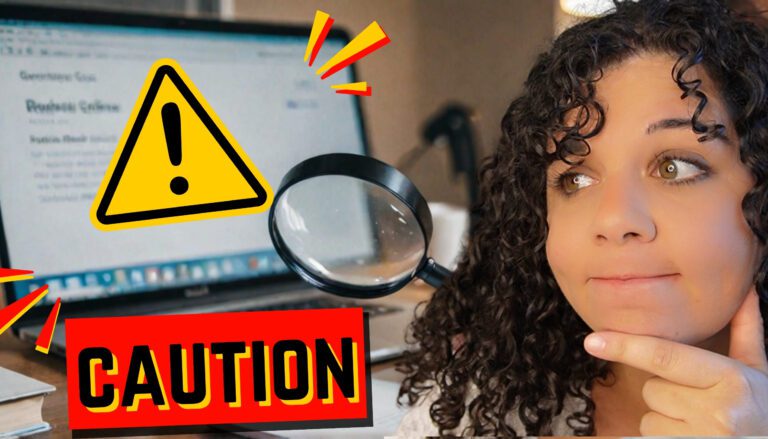Online curriculum programs offer a great education from the comfort of your home. But they may just be putting your child at risk of significant mental and physical problems that are irreversible. In this post, I will reveal 7 warnings that any parent who is thinking about an online curriculum should consider BEFORE buying their program.

I hope you enjoy reading this blog post. If you want to do my course on how to homeschool, click here.
90% of parents don’t consider these issues before entering their curriculum.
Hi there. My name is Rebecca Devitt. I’m a curriculum expert and homeschool mom. I’ve spent literally thousands of hours researching online curricula from just about every educational provider.
In this video, I will show you some cautions I have before you choose your first online program.
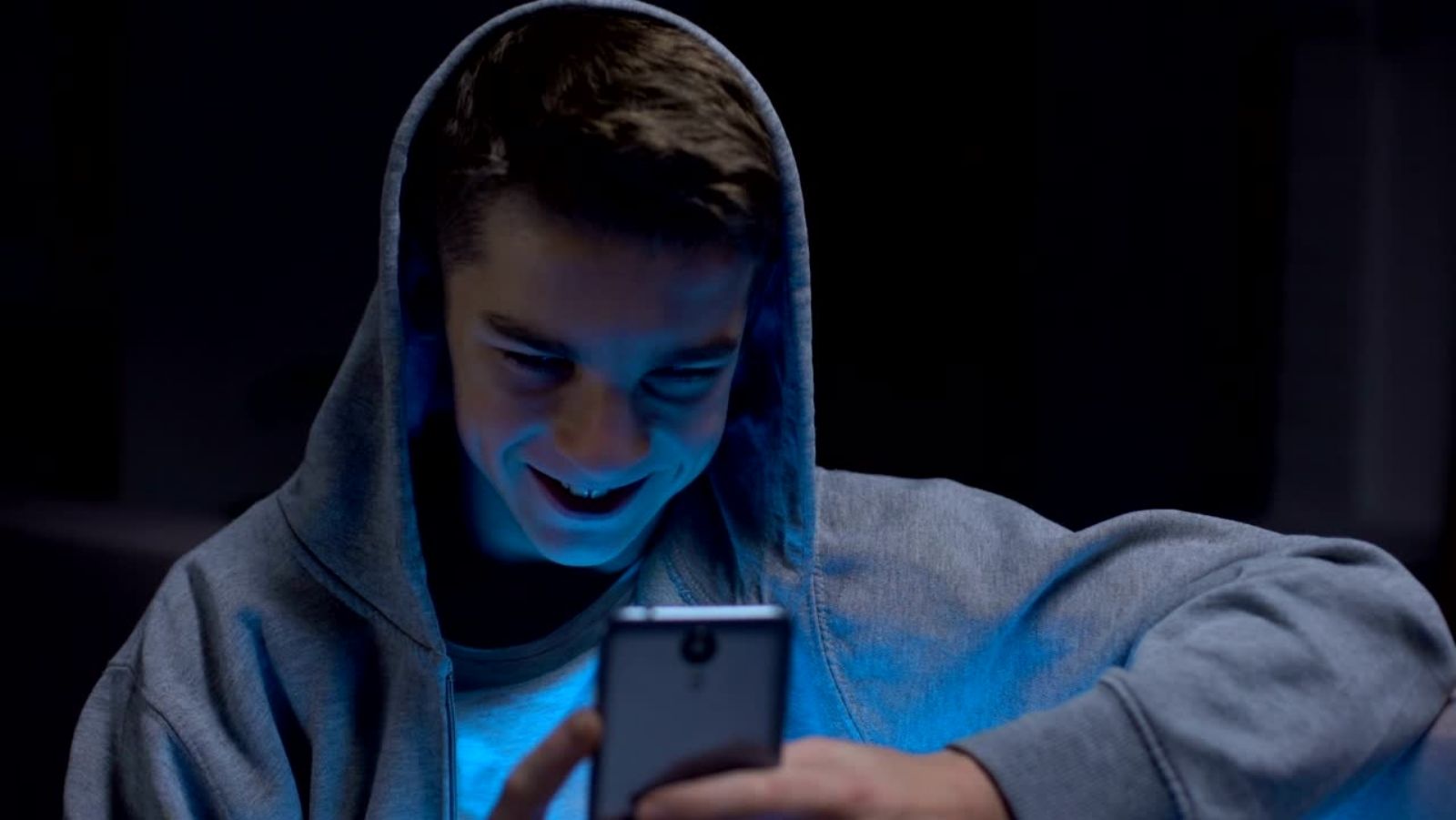
Warning 1: Addiction
First, imagine you’ve got a bit of back pain, so you go to find a solution.
You find some great painkillers at your local pharmacy and start using them.
After a while, the medication wears off, and you think to yourself, ‘No problem, I’ll just keep taking the pills.’
Before long, you’re addicted.
It’s the same story with the online curriculum.
You have a problem.
You need your children to learn.
Online curriculums are made so effective these days that they’re made to be addictive.
Children love learning, and they beg you to re-subscribe to their online curriculum because it’s made to be so jolly addictive! (after all, that’s how the creators make their money!)
Children find it hard to stop using the program.
Of course, high engagement levels can be helpful up to a certain point, after which parents might find their children stop doing what they want them to.
Like their chores.
Or playing in the backyard.
Or just hanging out with Mom and Dad while they tell them about their day.
However, online curriculum addiction can be unhealthy for family life unless kept under good watch.

Warning 2: Decreased Attention Span
Did you know the average attention span today is just 8.25 seconds?
And a child’s attention span is even shorter than the average.
Did you know that our attention span has decreased by nearly 25% from 2000 to 2015?
It was 12 seconds; it’s now just 8 seconds!
Gone are the days when a 10-year-old would settle back in his chair while his parents read Oliver Twist for an hour in the evening.
Now, children are sitting in front of programs like Reading Eggs and Night Zookeeper, which engage their undivided attention.
But what’s the downside?
Children may not develop the ability to concentrate for extended periods. Therefore, they must work to maintain their focus on a subject they’re not 100% interested in.
Unfortunately, these days, for an online homeschool curriculum to be wildly successful, the creators have to create a program that keeps viewers’ whole attention.
However, these programs simultaneously shorten children’s attention spans if they play them for long periods.
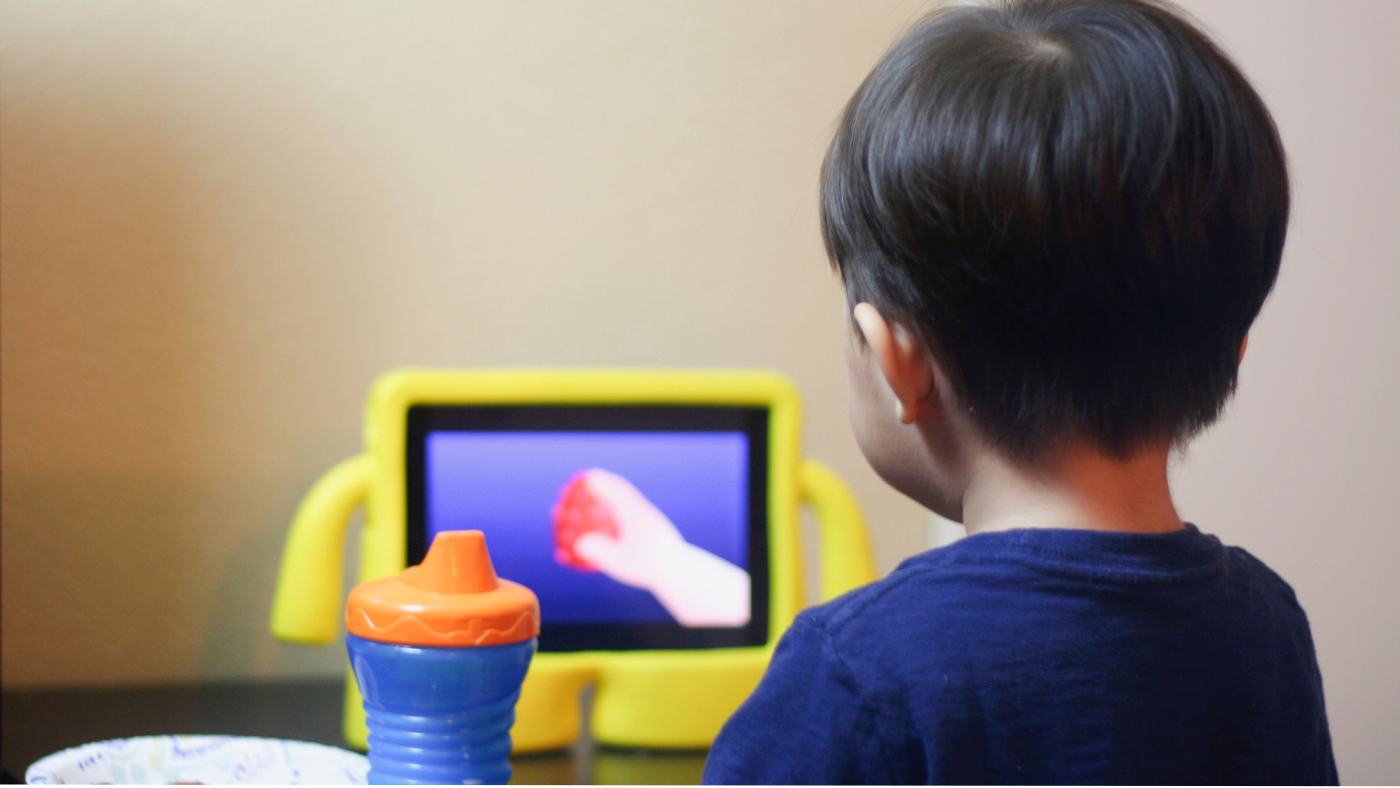
Warning 3: Increased Screen-Time
Next, I want you to imagine having a relationship with the most gorgeous man or woman of your dreams.
But, let’s say this relationship was only long distance.
You’d never actually met this stunning individual in person – never hugged them close, never held hands.
It wouldn’t feel like the real deal, would it?
Now imagine an online program where everything is entirely on the computer screen.
It’s not the same thing as a relationship, but somewhere along the line, you want the real world—a real bit of paper and pencil, a real Bunsen burner, a real frog to dissect (well, maybe the last one is open to debate).
An online curriculum can give you so much, but sometimes, we need to stop and, for example, play with real people and run around in the real backyard (not the online simulated environment).
Of course, you may have never realized it, but most web browsers, apps, and even personal mobile phones are designed to game us.
These devices and programs are created to keep us entertained and use their programs for longer than we intended.
Facebook is particularly known for being guilty of using (some would say) unethical psychological tricks to increase viewer time.
Now, I’m not saying online programs are all bad, but the longer you stay on one, the more money they earn, particularly if you subscribe or re-subscribe.
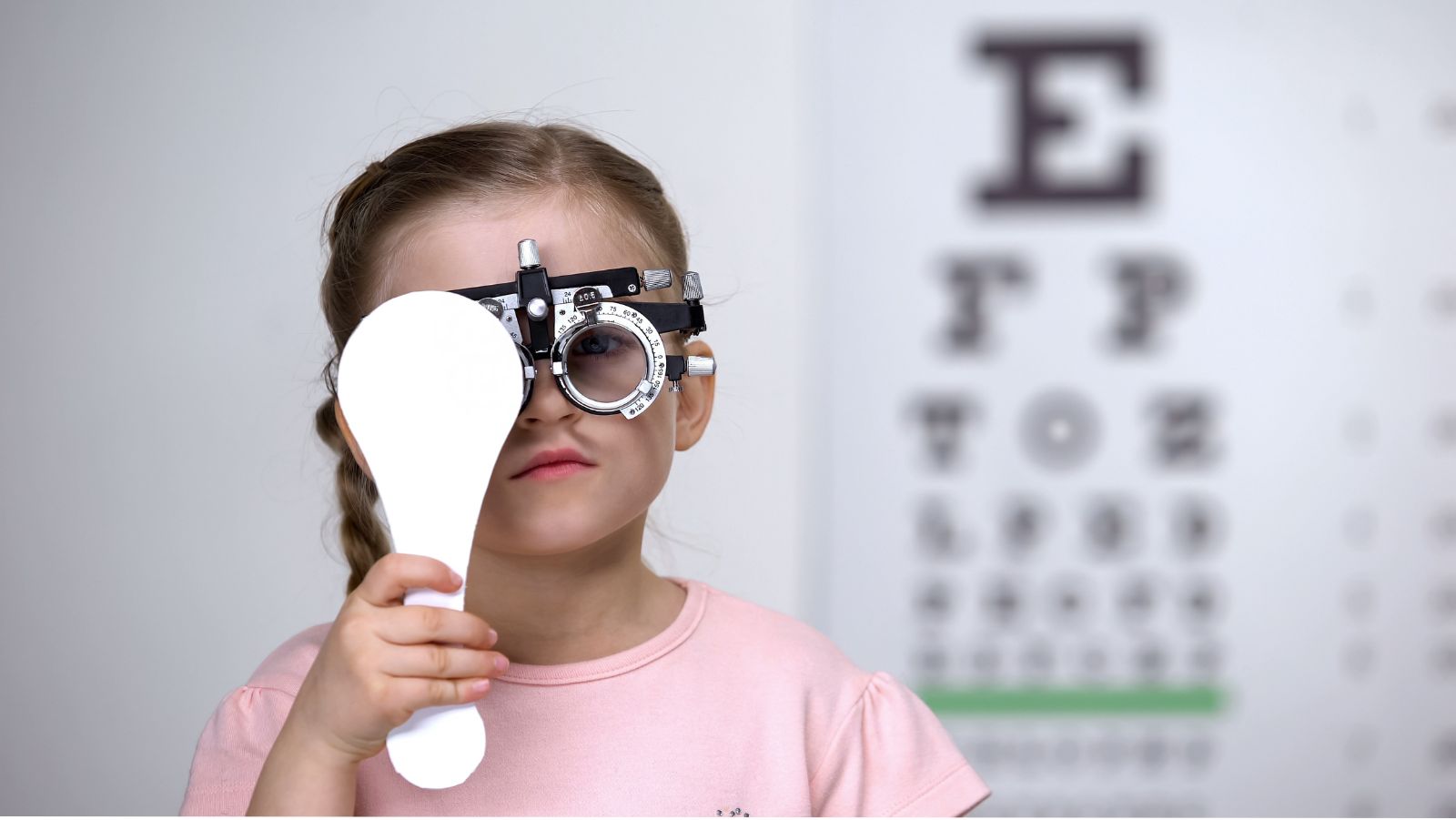
Warning 4: Overuse Can Cause Nearsightedness
Now, the next warning before you sign up for an online curriculum concerns your child’s eyes.
Have you ever wondered why Singaporean children wear a disproportionate amount of eyeglasses compared to other children?
Severe myopia (short or nearsightedness) cases among Singaporean children have almost doubled in the last decade.
Increased myopia follows an increase in exposure to screens and other hand-held devices.
Channel News Asia reports the stunning statistic that 80% of Singaporeans aged 18 and below have nearsightedness due to screen over-exposure.
Of course, an increase in screen time also means a decrease in outside time, which is the place where you can rest your eyes so they recover.
And, of course, online programs are particularly responsible for a lot of myopia!

Warning 5: Exclusively Online Options Neglect Handwriting
Now for my next pet peeve about these programs.
Imagine you’re the head of a law firm.
You need a new lawyer, so you start interviewing the outstanding candidates who have applied.
During the interview, you ask your applicant to write the answer to a question you ask on a slip of paper.
After writing the answer, the applicant hands back the note.
You look at the writing and are repulsed by the handwriting sample in front of you.
It looks like a kindergartener effort.
Handwriting quality is also decreasing significantly with the advent of online curricula.
Previously, students learned to write using a physical program in which they wrote words.
Now, the best children can do is write them on the screen, which is different from physically handling paper and pencil.
Consequently, handwriting samples are often woefully inadequate, and the concept of ‘beautiful handwriting’ among our smaller members is rare.
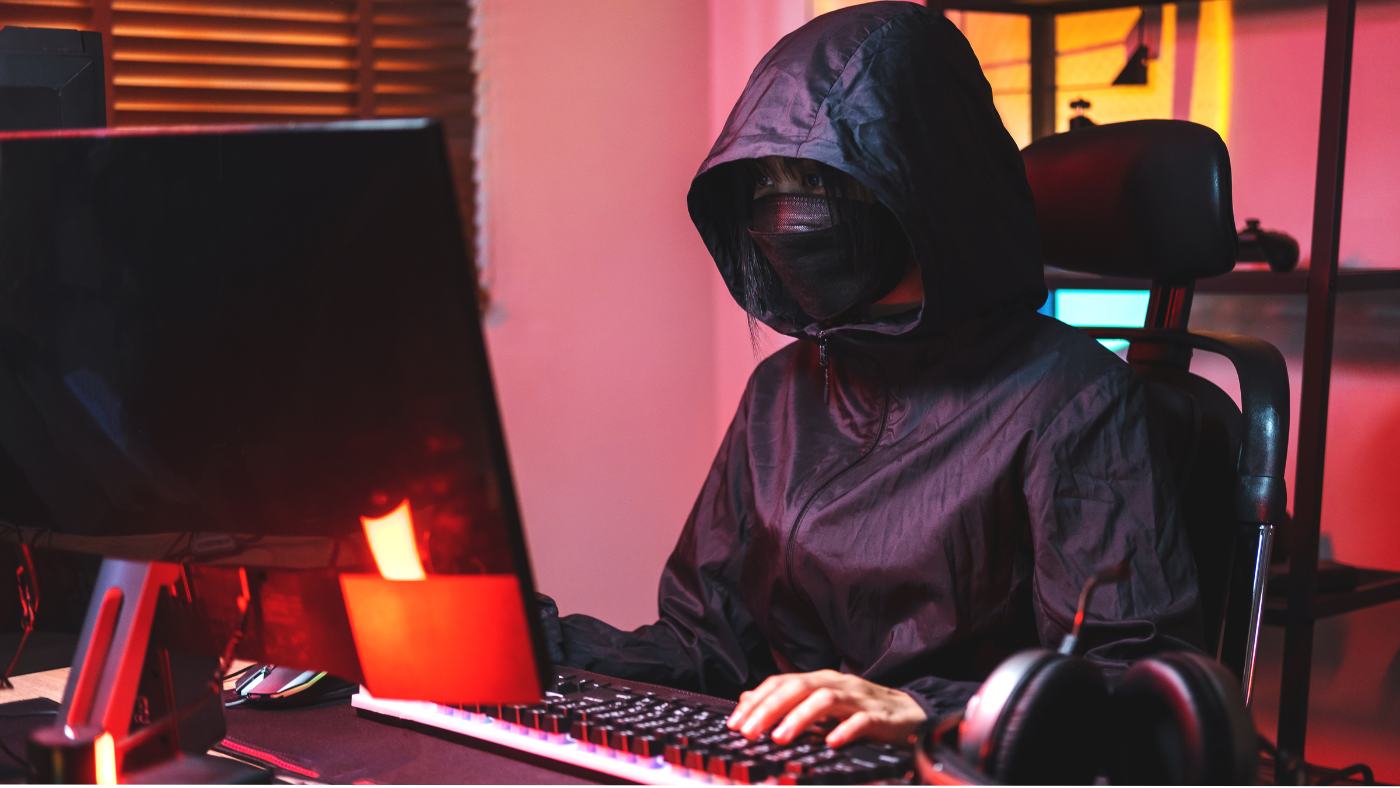
Warning 6: Danger of Accessing Inappropriate Material
Now, let’s keep going and have a word on access.
Fifty years ago, a teenage boy would have to visit a disreputable back alley shop to purchase dubious magazines with shady content.
These days, children may not even mean to access questionable material – yet they’ll often find it, whether they’re looking for it or not.
A good way around this is to always put your PC in a public place.
Or you can put an underage PC lock on inappropriate websites.
But it’s essential to be aware of just how easy it is for children to access material that could scar or addict them forever.

Warning 7: Less Outdoor Time and More Sedentary
And, of course, being online means kids aren’t in the backyard.
Many years ago, a child’s main entertainment was making mud pies and constructing wigwams from fallen sticks.
These days, it’s YouTube videos and cat clips.
More time spent on devices means decreased physical activity levels, leading to a sedentary lifestyle.
This is backed up by stats from the World Health Organization, which say child overweight and obesity levels have increased 12% since 1990.
Why?
They’re spending more time being entertained online than by physical activies offline.
And an online curriculum can contribute to the issue if kids aren’t getting enough exercise.
But I’m not all against computers being used in education.
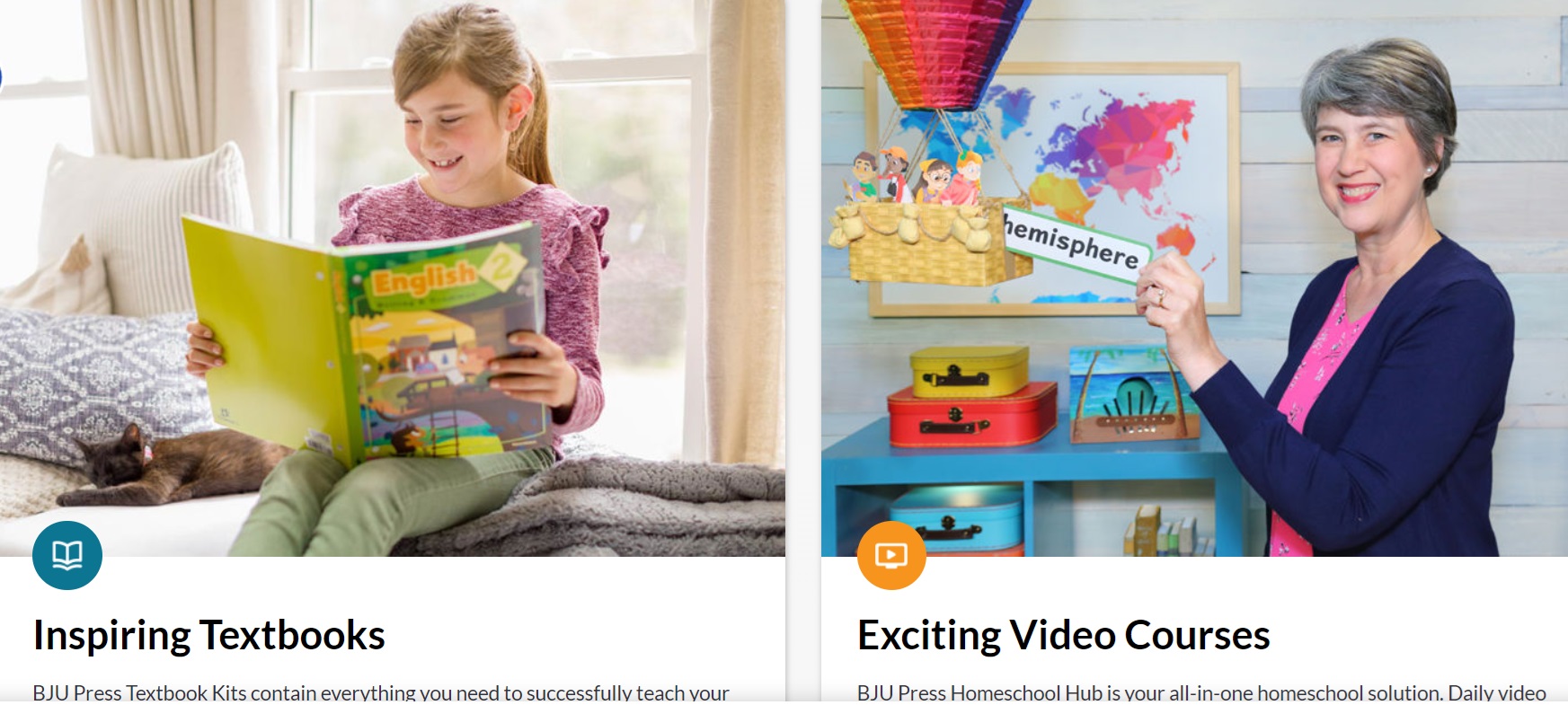
A Solution
In fact, I’m personally a big fan of blended curricula, which seem to have most of the pros of online curriculum with few of the cons!
These are programs that have pre-recorded online teacher-led video lessons.
But these programs are fantastic because they’ve got physical workbooks, so children are not glued to the screen all the time.
Students work in the offline environment and stop and start their teacher-led lessons when needed.
BJU Press, Abeka, and Veritas Press are all good examples of blended programs.
I use BJU Press (pictured above) with my own children.
I like it because it’s really affordable, accredited, and parents can work and homeschool at the same time! I’ll show you all about this program, which is one of my favorites in the video embedded below.
